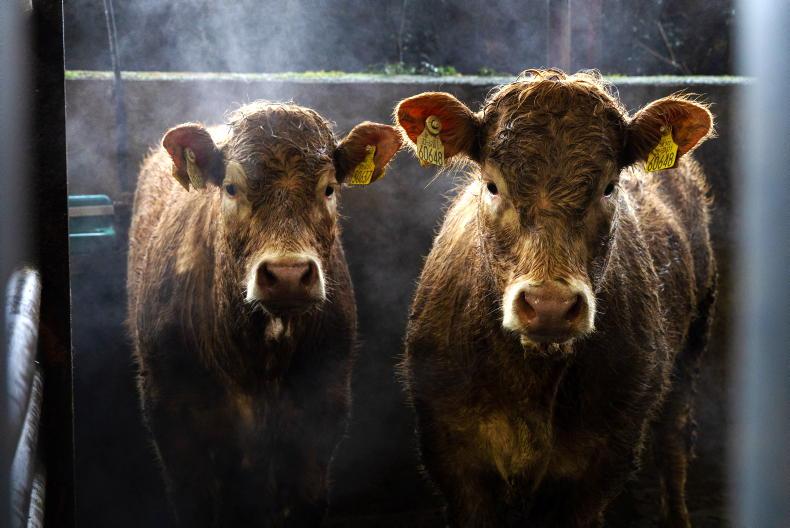A new report - The Economics of Afforestation and Management in Ireland: Future Prospects and Plans - highlights the opportunities and challenges of delivering national forestry targets to achieve carbon neutrality by mid-century.
Report author Professor Cathal O’Donoghue said: "The area of new forestry required to achieve carbon neutrality by 2050 is 18,000ha per annum."
Currently, Ireland is planting 2,000ha annually, while the Government's target is 8,000ha.
"Ireland is currently missing the required programme by 16,000ha," maintained Prof O’Donoghue.
"The cost in terms of the State carbon price of missing its own afforestation targets by 6,000ha is more than €400m at a €100 carbon price per tonne over a 40-year forest rotation and €1bn relative to what is needed," he added.
Fall short
"The more we fall short of the afforestation target, the greater will be the need to deliver CO2 reductions from other sources, including agriculture, unless there is a major reduction in animal numbers with consequential economic impacts.”
The report highlights beef and dairy targets of Food Harvest 2020 were met early, but the forestry target was never achieved.
The study finds that "if the afforestation target had been met, it would have allowed for carbon neutral dairy expansion".
It also claims that "given the existing fall-off in afforestation levels over the past two decades, the forest estate will move from being a carbon sink to a carbon source".
TD Jackie Cahill, chair of the Joint Oireachtas Committee for Agriculture, welcomed the report.
"The recommendations can restore confidence in forestry, including owners affected by ash dieback, [and] must be acted upon by the Department, particularly given its significance in achieving national climate change mitigation targets,” he said.
Strategy
Technical director of the Society of Irish Foresters Pat O'Sullivan said the report was timely.
"Without a major afforestation strategy, it will be impossible to achieve carbon neutrality using rewetting or agriculture alone, unless there is a major reduction in animal numbers with consequent economic impacts," he said.
"Delivering the target outlined by Prof O'Donoghue will require a major change in managing the forestry programme," he added.
"Recent events demonstrate that it is now imperative to establish a forestry development agency to lead the development of the sector."









SHARING OPTIONS